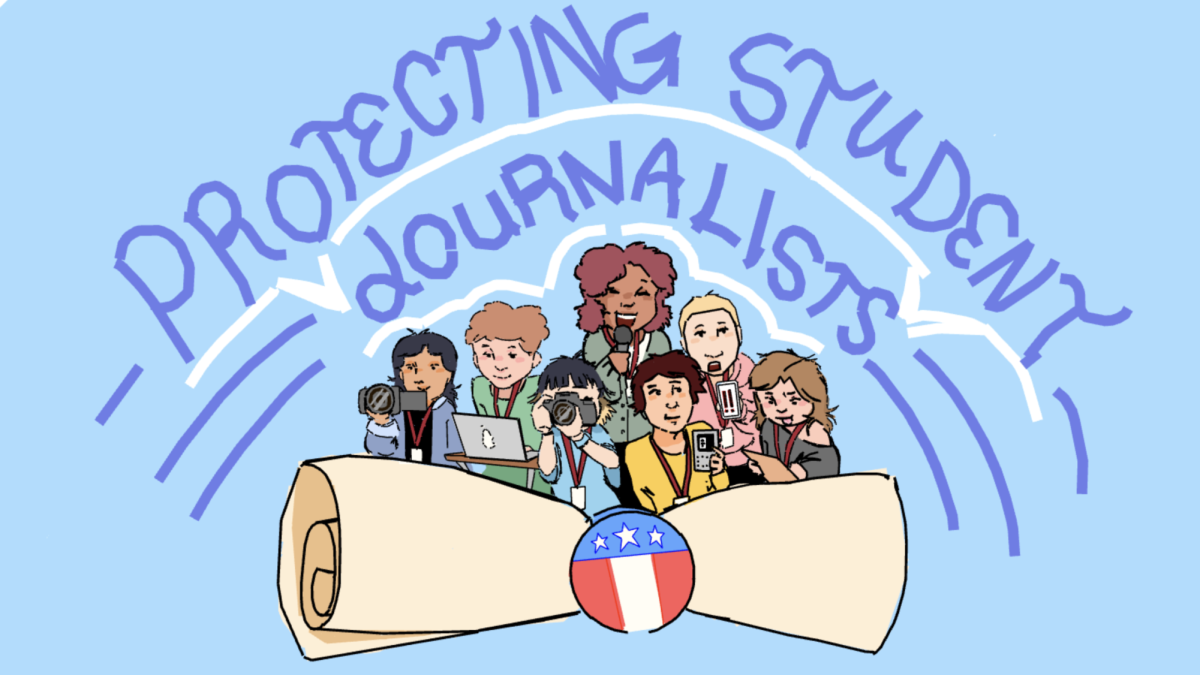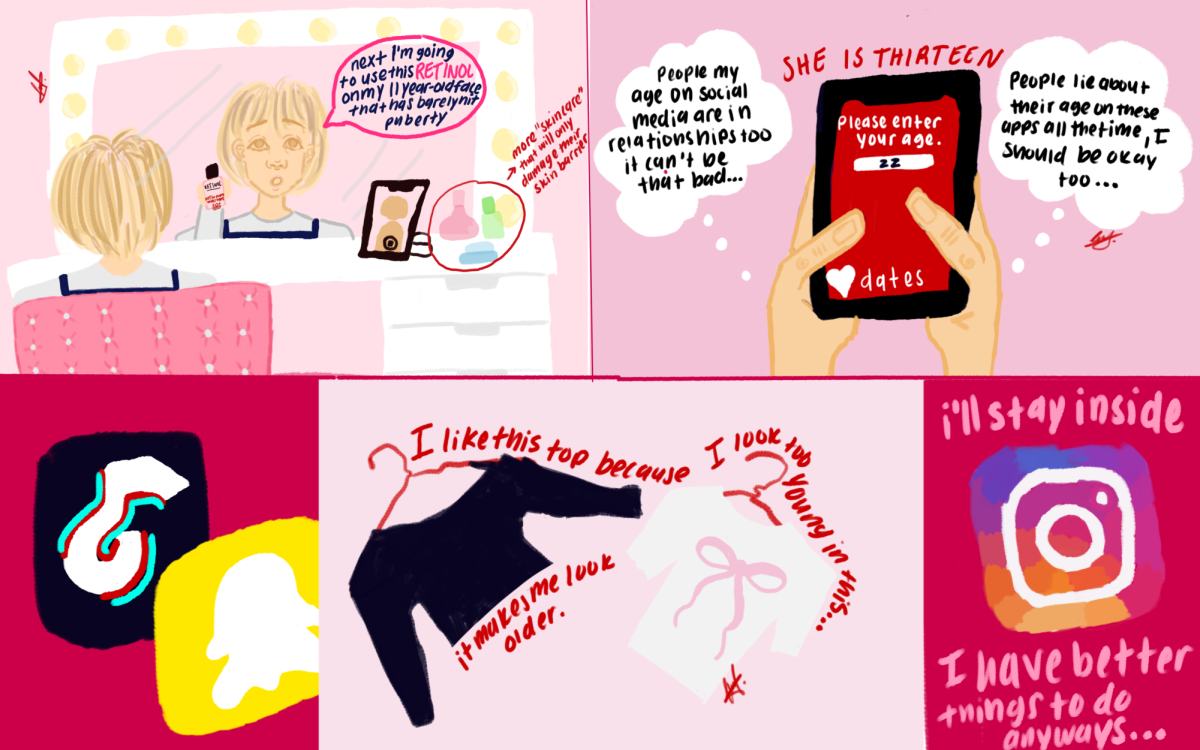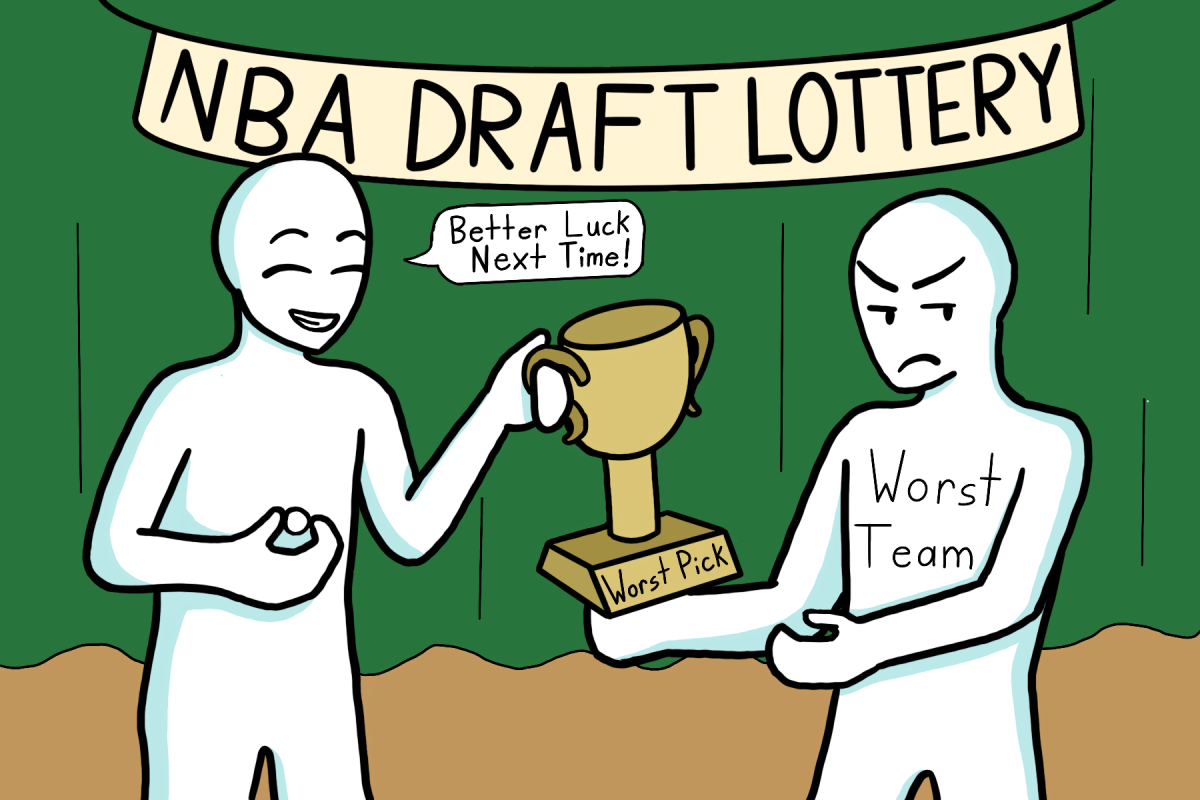
In elementary school, reading for fun is emphasized as one of the best ways to sharpen students’ intellect. As kids progress through the school system, the emphasis stays the same while the workload gets more intense. Eventually, reading becomes less of a treat and more of a chore, which is seriously harming student’s reading skills.
For many kids of the modern age, reading seems to be a last resort for recreational activities, with social media and television being the preferred pursuits. According to the American Psychological Association, less than 20% of U.S. teens report reading anything for pleasure daily, while 80% report using social media. While many are quick to blame the internet’s increased presence for this, it seems there is another underlying cause.
The issue is the sheer lack of time most high schoolers experience. In a 2013 study conducted by the University of Phoenix, students were given an average of 17.5 hours of homework per week, or around 2.5 hours a day. Couple this with the eight hours a day spent in school plus extracurriculars, it’s no wonder most high schoolers find themselves straying away from light reading.
Because most high school work involves reading, the act of reading anything of substance for any reason becomes associated with work. Meanwhile, social media has become a mindless escape to rest the constantly working mind. It’s no wonder high schoolers of today are typically opting to scroll through Instagram rather than cracking open a book.
And the damage doesn’t just stop there. This is a cycle of positive reinforcement. As people opt less for reading, their reading skills decline.
The whole point of reading for fun is to sharpen skills and gain exposure. Without consistent reading for pleasure, reading is becoming harder and therefore even less enjoyable. It comes to the point where even if a student wanted to read for pleasure, the act would feel horribly arduous.
Students need to learn again that reading can be enjoyable. The first step is letting students read books at their own pace and without extensive follow-up work so that reading doesn’t feel like an assignment but an endeavor.
While it might be hard to achieve, with the correct effort, students will hopefully eventually be re-inspired to pick up a book in their free time and see it as an escape instead of a burden.











Laura • Dec 15, 2020 at 10:30 am
I completely agree, coming from a highschool freshman. I’m honestly sad that I can no longer read for pleasure. As stated, “even if a student wanted to read for pleasure, the act would feel horribly arduous.” I seriously felt that. I would’ve written the same thing I hadn’t seen this beforehand.